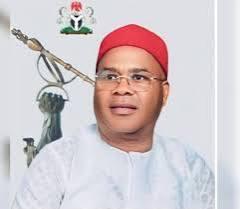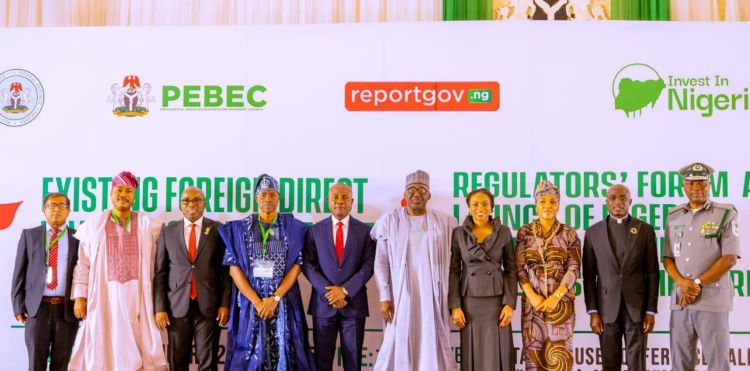Human rights lawyer, Mr. Femi Falana has cautioned the Lagos State government not to usurp the powers conferred on local governments to fix and collect parking fees in the state, stressing that it remains the constitutional responsibility of the local governments to collect such levies.
In a letter written to the Attorney-General & Commissioner for Justice, Lagos State, which was signed by E. Olawanle, Falana reminded the state government of the pronouncement of the Supreme Court on the illegality of usurping the powers conferred on local governments.
The letter titled Re: ‘Lagos Parking Levy is constitutional,’ stated that in view of the authoritative pronouncement of the Supreme Court on the illegality of usurping the powers conferred on local governments by state governments, it was indisputably clear that the local governments cannot be legitimately divested of the powers conferred on them by Section 7 of the Constitution to fix and collect parking fees in Lagos State.
The letter read: “Our attention has been drawn to the press statement entitled “Lagos Parking Levy is Constitutional” dated August 29, 2022, wherein Mr. Adebayo Haroun Esq, the SSA to the Honourable Attorney-General and Commissioner for Justice, Lagos State attempted to justify the power of the Lagos State Parking Authority to collect parking levy in respect of parking spaces in Lagos State.
“In the said press statement, Mr. Haroun stated that the Lagos State Parking Authority 2018 “empowers the Local Governments and Local Council Development Areas in Lagos State to assign their power in respect of collection of fees relating to the State Government.
“In support of his argument, Mr. Haroun referred to the case of Ola Animashaun Harimot Oluwabukola v. Attorney-General of Lagos State & 5 Ors in Appeal No. CA/L/1046 delivered on 19th November 2018 where it was held by the Court of Appeal that the intendment of Section 1(3) of the Land Use Charge Law of Lagos State is “to give powers to the Local Government to permit a contractual relationship between it and State on the collection of taxes.”
He further noted that it was, “curious to note that Mr. Haroun did not refer to the more relevant case of Airtel Nigeria Limited v Attorney-General of Lagos State & 3 Ors (2019) 1 NCLR 1, where the Court of Appeal held that it was unable to agree with the appellant that the 3rd Respondent (Eti-Osa Local Government) does not have power to make law that relates private parking since there was nothing in the bye law that is inconsistent with Section 7 and Paragraph 1 of the Fourth Schedule to the Constitution.”
However, with respect to the case of Ola Animashaun Harimot Oluwabukola v. Attorney-General of Lagos State & 5 Ors (supra), the Court of Appeal did not pay attention to the case of Knight Frank & Rutley Nigeria Limited V. Attorney General of Kano State (1998) 7 NWLR (PT 556) 1 at 24 where Kutigi JSC (as he then was) stated as follows:
“The Court of Appeal must therefore in my view be right, when it opined thus: Could the powers of the state and local government councils to order for valuation of rateable hereditaments co-exist and be complimentary? I believe that once the State passes a legislation assigning the functions of valuation of tenement rates to the local government as the constitution has directed, only the local government council will have the power to deal with that subject.
“The state has no power to deal with the matter and the local government council cannot, even if it wants to, divest itself of those powers. In view of the authoritative pronouncement of the supreme court on the illegality of usurping the powers conferred on local governments by state governments it is indisputably clear that the local governments cannot be legitimately divested of the powers conferred on them by Section 7 of the constitution to fix and collect parking fees in Lagos State.
“Accordingly, we are compelled to urge the Honourable Attorney-General to prevail on the Lagos State Parking Authority to desist from fixing and collecting parking fees in Lagos State.
“While we hope that the salient issues raised herein would be given the required attention, please Honourable Attorney-General, accept our warmest regards.”





